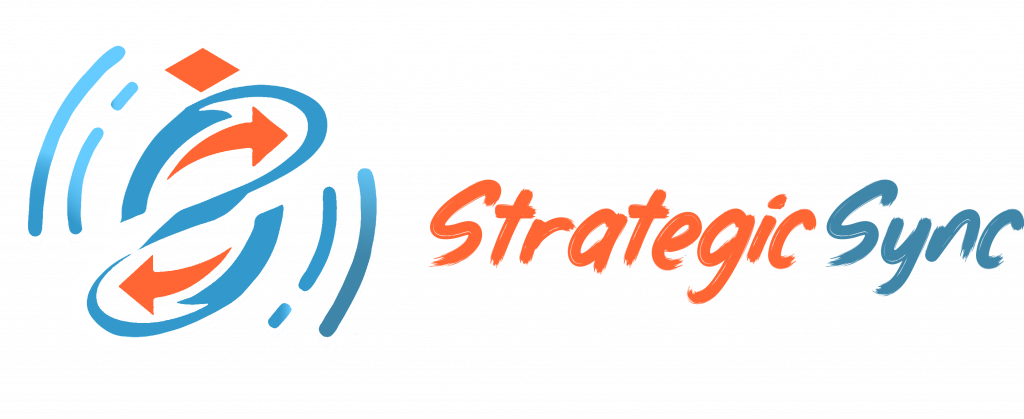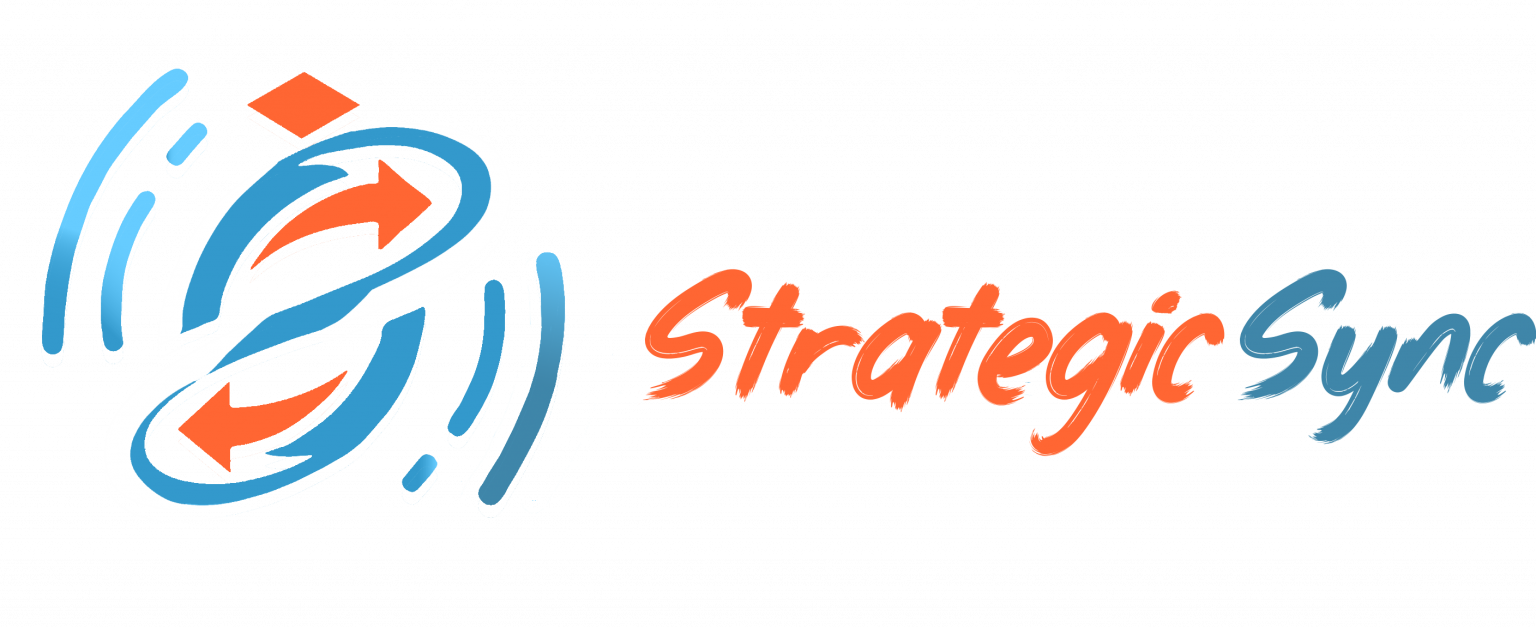Help Desk
Categories

Do you have a Technical Issues?

Help Desk Operations
Help Desk Operations, often referred to as IT Help Desk or simply Help Desk, are essential in providing technical support and assistance to end-users, customers, or employees within an organization.
An IT Help Desk: Where technology meets empathy, and every challenge is an opportunity to empower and support our users."
Help Desk Operations play a crucial role in maintaining smooth IT operations within organizations. They provide a central point of contact for users to seek assistance and ensure that technical issues are addressed promptly, contributing to increased productivity and user satisfaction.
Help Desk

Key Aspects
- User Support: Help Desk Operations primarily focus on providing assistance and support to users who encounter technical issues or have questions related to hardware, software, or IT services.
- Issue Resolution: Help Desk personnel are responsible for diagnosing and resolving a wide range of IT problems, such as software glitches, hardware malfunctions, network connectivity issues, and user account problems.
- Communication: Effective communication is a key aspect of Help Desk Operations. Help Desk staff interact with users through various channels, including phone, email, chat, or in-person interactions, to understand and address their IT needs.
- Ticketing System: Many Help Desks use ticketing systems to track and manage user requests and issues. Each user request is logged as a ticket, allowing for organized and prioritized handling of problems.
- Tiered Support: Help Desk teams often operate with a tiered support structure. Tier 1 provides initial triage and basic troubleshooting, while Tier 2 and Tier 3 teams handle more complex and specialized issues.
- Documentation: Maintaining detailed records of common issues and their resolutions is important for efficient Help Desk Operations. Documentation helps in providing consistent and accurate support.
- Knowledge Base: Help Desks may maintain a knowledge base with articles, FAQs, and guides that users can access to troubleshoot common problems independently.
- Remote Support: In many cases, Help Desk personnel can remotely access a user's computer to diagnose and resolve issues, providing a faster resolution without the need for physical presence.
- Escalation: When an issue cannot be resolved at the Help Desk level, it may be escalated to higher-level support or specialized teams within the IT department.
- User Training: Help Desk teams often provide user training and guidance on IT best practices to help users avoid common problems and enhance their IT skills.
- Service Level Agreements (SLAs): Help Desk Operations may operate under SLAs that define response times, resolution times, and other service expectations to ensure timely support delivery
- Continuous Improvement: Help Desk Operations continually assess their performance and seek ways to improve efficiency, customer satisfaction, and service quality.
What is IT Help Desk as a service, and how does it differ from an in-house Help Desk?
IT Help Desk as a service is a third-party provider offering remote technical support and assistance to organizations. It differs from an in-house Help Desk in that it's outsourced, providing cost-effective and specialized support without the need to maintain an internal team.
What types of technical issues can I get assistance with from an IT Help Desk service provider?
IT Help Desk service providers can assist with a wide range of technical issues, including software troubleshooting, hardware problems, network connectivity, cybersecurity concerns, and user account management.
How can I access IT Help Desk services, and what is the typical response time for issue resolution?
Answer: Access to IT Help Desk services is typically provided through various channels, such as phone, email, or a dedicated online portal. Response times and issue resolution times may vary based on the service level agreement (SLA) negotiated with the service provider.
What are the benefits of using an IT Help Desk service for my organization?
Using an IT Help Desk service can provide benefits like cost savings, 24/7 availability, access to specialized expertise, scalability, and improved user satisfaction. It allows organizations to focus on their core business while leaving technical support to experts.


